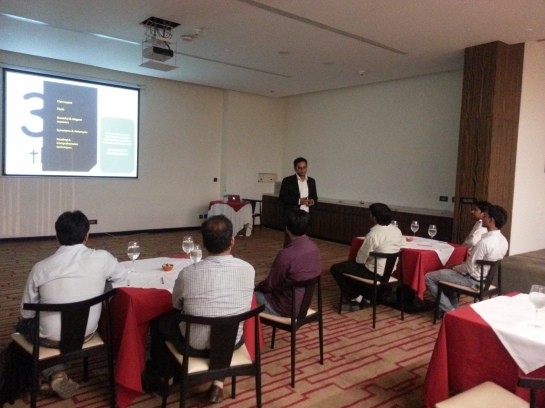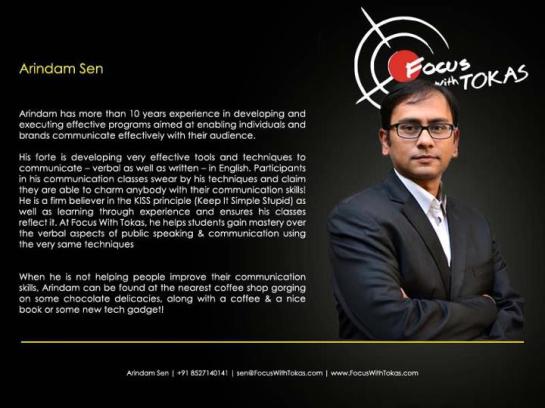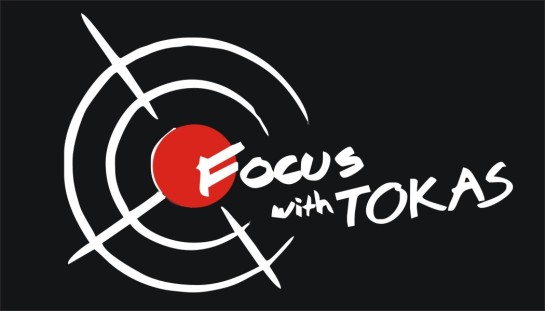A good or influential public speaker not just speaks but he performs on stage. The aim of public speaking is to leave your audience charmed by your perform ace, whether this is on a big dais in front of hundreds or thousands of people, in a small room or anywhere. Preparation is the key to which every public speaker swears on. Once you’ve learned how to prepare you notes, conquered your fear of speaking in front of people and brushed up your presentation and communication skills, tips on great ways to keep your audience spell bound is the all-important next step! Public Speaking Course
Feeling before giving speech or facing big crowd is natural and even beneficial because it keeps to alert and often serves as an opportunity to boost up your confidence. But too much nervousness can be deteriorating. Here are some proven tips on how to control your butterflies and give better presentations:
A catchy and attractive speech opener is the first step that grabs the attention of audience. Always make sure to keep a speech opener relevant to the speech topic. A famous quote, a joke or poetry work as good speech opener. Use speech opener by keeping the nature of the event you’re attending, so do consider whether using a joke is appropriate if you are reading an obituary. You can also start your speech with a question or a controversial opening statement; it will often have a dramatic effect.
2. Acknowledge your audience
Many a times people forgot this one of the most important points and straight away like to go ahead with their speech, which is not be done. They do to try to control their fear of public speaking or because they want to concentrate on their notes. Acknowledge that your audience is there to listen to you and by greeting them in a proper manner you can let them know that you care for their presence. Your audience must be considered as a priority because it’s because of them that you’re there. You’ll win over your audience quicker if you acknowledge their presence, interact with them by asking or answering questions; even eye-contact with few people also makes a big difference.
3. Using notes and visual aids.
Most people like to have some notes handy, power point slides or other visual aids with them for public speaking events. You can also use them. But do remember not do engross yourself too much in reading from notes and slides and forgetting your audience completely. Keep your pointers ready so that you just need to refer to them from your notes and slies.
4. Moving around the room
Moving around the room can be really helpful in case of nervousness. You get a great degree of confidence when you move about connect your audience. By simply coming forward to the front of the stage or towards the nearest row of people to emphasise an important point, you can certainly make a powerful impact in public speaking.
5. Leaving a lasting impression
Throughout your speech, your audience must feel the “wow factor”. Public speaking is not just getting your point across but your success as a public speaker much depends on people remembering you and the important and entertaining content of your speech. Close your speech with a question for them to ponder on or a funny comment if the situation allows!
Public speaking is an art which can be cultivated by teaching necessary skills. Come; experience the difference in Focus with Tokas. We, at Focus with Tokas strive to make you a better communicator and public speaker by enhancing and improving all the vital aspects of one’s personality. Our course in Public speaking, communication enhancement and professional development stresses on the overall personality development of a person’s personality and employability skills, necessary to succeed as a professional. With the right course, skilled and experienced trainers and encouraging environment you can give your career a kick start and an experience you will always cherish. Personality Development Course
Public Speaking Institute In Delhi




